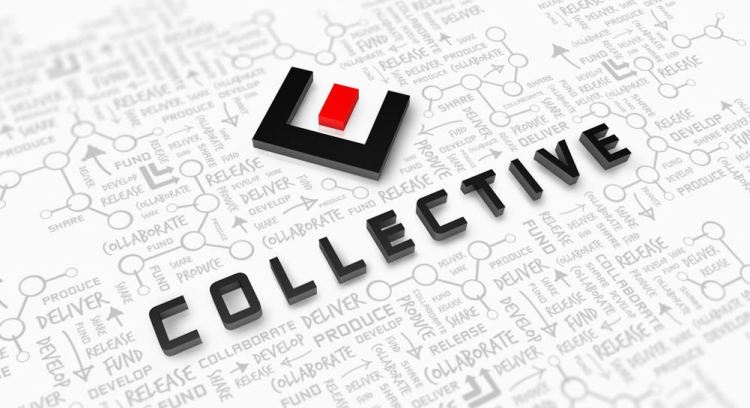The gamer hivemind is capable of great and terrible things, but publisher Square Enix is planning to leverage that power to turn fresh ideas into the games of tomorrow with its new service dubbed Collective.
Square Enix revealed today that it will start Collective as an online service where developers can post ideas and gamers can judge the worth of those ideas, as spotted by NeoGAF user Nirolak. The best concepts will rise to the top, and then Square Enix, in partnership with crowdfunding site Indiegogo, will enable players to back the ideas that they love.
“When a pitch goes live, you’ll have 28 days to decide if you think it’ll make a good game and get involved in the feedback process,” reads Square Enix’s Collective announcement page. “Then, if that idea receives enough support, we’ll check it out – and if the team is good to go, we’ll open it up for crowdfunding via our partnership with Indiegogo– which is your chance to get in early and help to get the game you want to play into development.”
The company claims that Collective provides something beneficial to both developers and the community. For developers, Square Enix plans to evaluate each pitch and provide guidance for those that it deems successful. For the community, the publisher claims this will give players more of a say in development than ever before. Additionally, Square Enix says it may even open some of its older Eidos properties to especially worthy ideas. The company didn’t reveal which IP it’s putting up for the community, but it plans to announce that at GDC Next in Los Angeles in November.
We’ve reached out to Square Enix to ask how exactly Collective will work.
Collective puts Square Enix in competition with Kickstarter. It’s no surprise that a traditional publisher would look at crowdfunding as a potential revenue source. So far, game-related Kickstarter projects have raised over $140 million for more than 2,300 successfully funded projects. Kickstarter and Indiegogo both take 5 percent fees from the total collected. The payment services, like Amazon Payments, take an addition 3 to 5 percent.
Unlike Kickstarter, however, Collective presents developers with the possibility of control and intervention from a major third-party publisher. That might scare some studios away and it might encourage others. Indie developers have submitted thousands of projects to sites like Kickstarter and Indiegogo, but even the biggest — like Double Fine — have had issues following through with their promises despite millions in donations from gamers. Publisher oversight might help with some of those logistical issues.
The publisher didn’t spell out exactly what money it will take out of the project, but Collective community boss Phil Elliott said (according to Gamasutra) that he wants studios “to walk away with the majority of the sales revenue, and we want to reinvest any profits back into the platform.”
As for Square Enix, Collective is a bold move from a publisher that is struggling in the modern gaming landscape. The company has its studios producing gigantic triple-A games that are successful but still underperforming according to Square Enix’s lofty projections. It also is trying to crack mobile with a variety of free-to-play titles and ports of its catalog software.
In March, Square Enix president Yoichi Wada resigned due to the company falling substantially short of its revenue expectations earlier in the year. Board member Yosuke Matsuda replaced Wada immediately following that resignation.
Matsuda said that his company’s need for reform is “urgent,” in an interview with Japanese website Infoseek. Collective is likely a part of that reform.
VentureBeat's mission is to be a digital town square for technical decision-makers to gain knowledge about transformative enterprise technology and transact. Learn More

